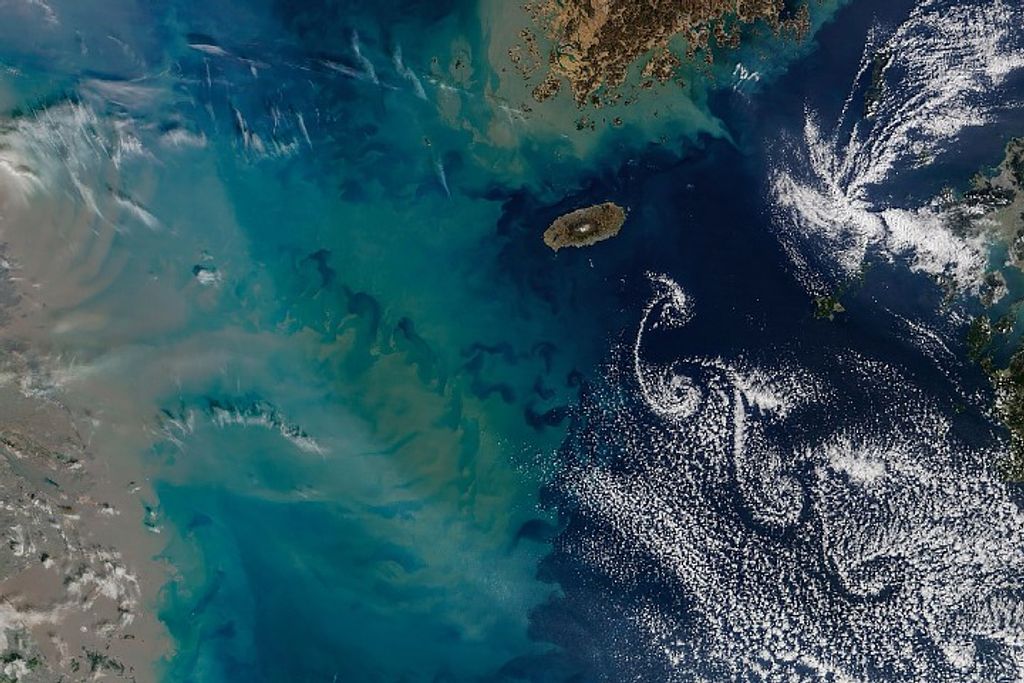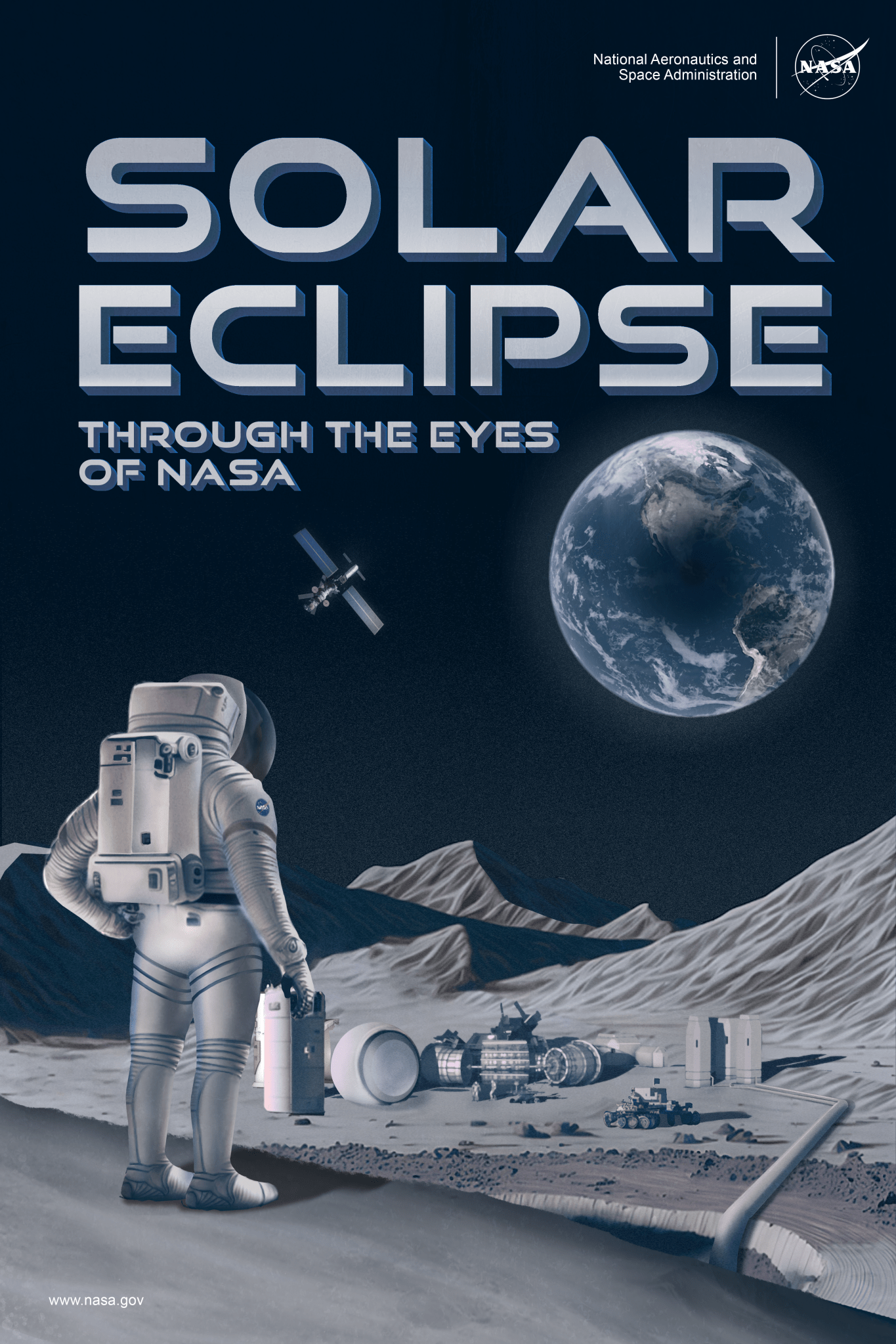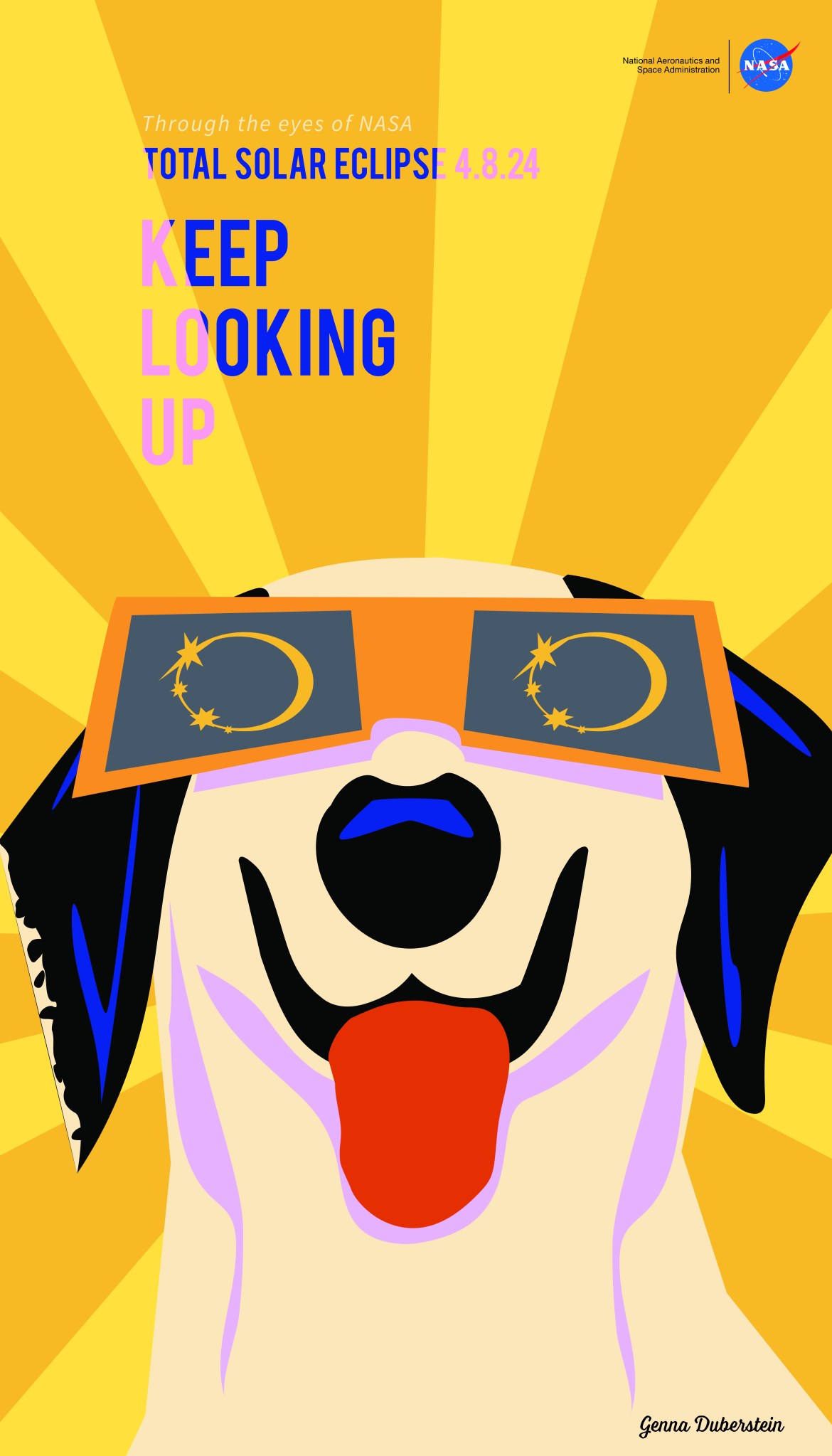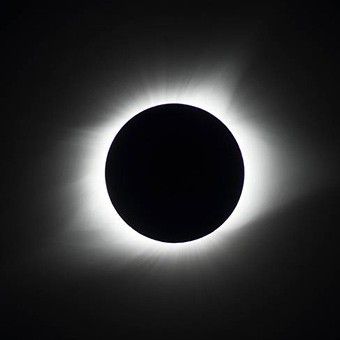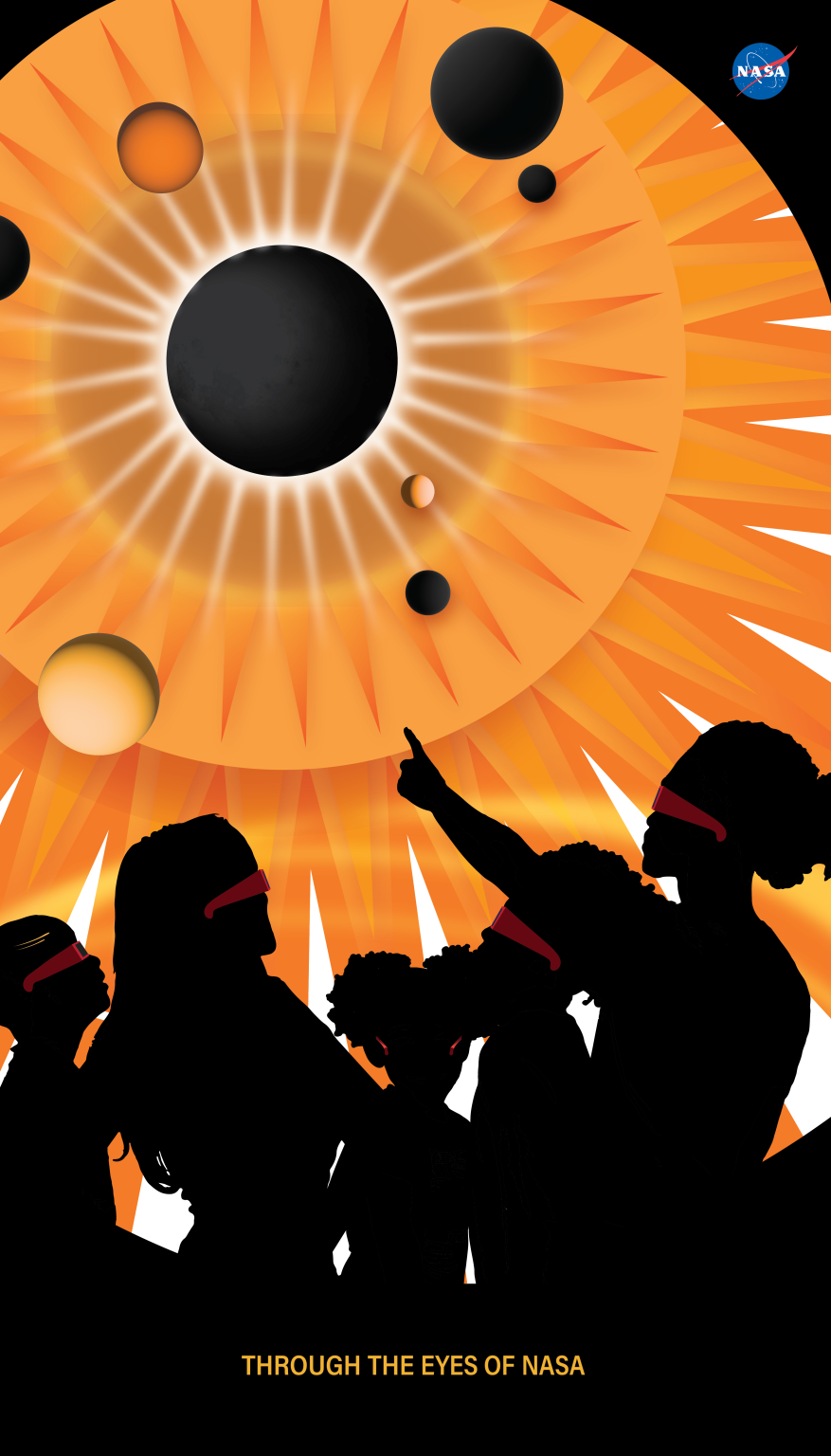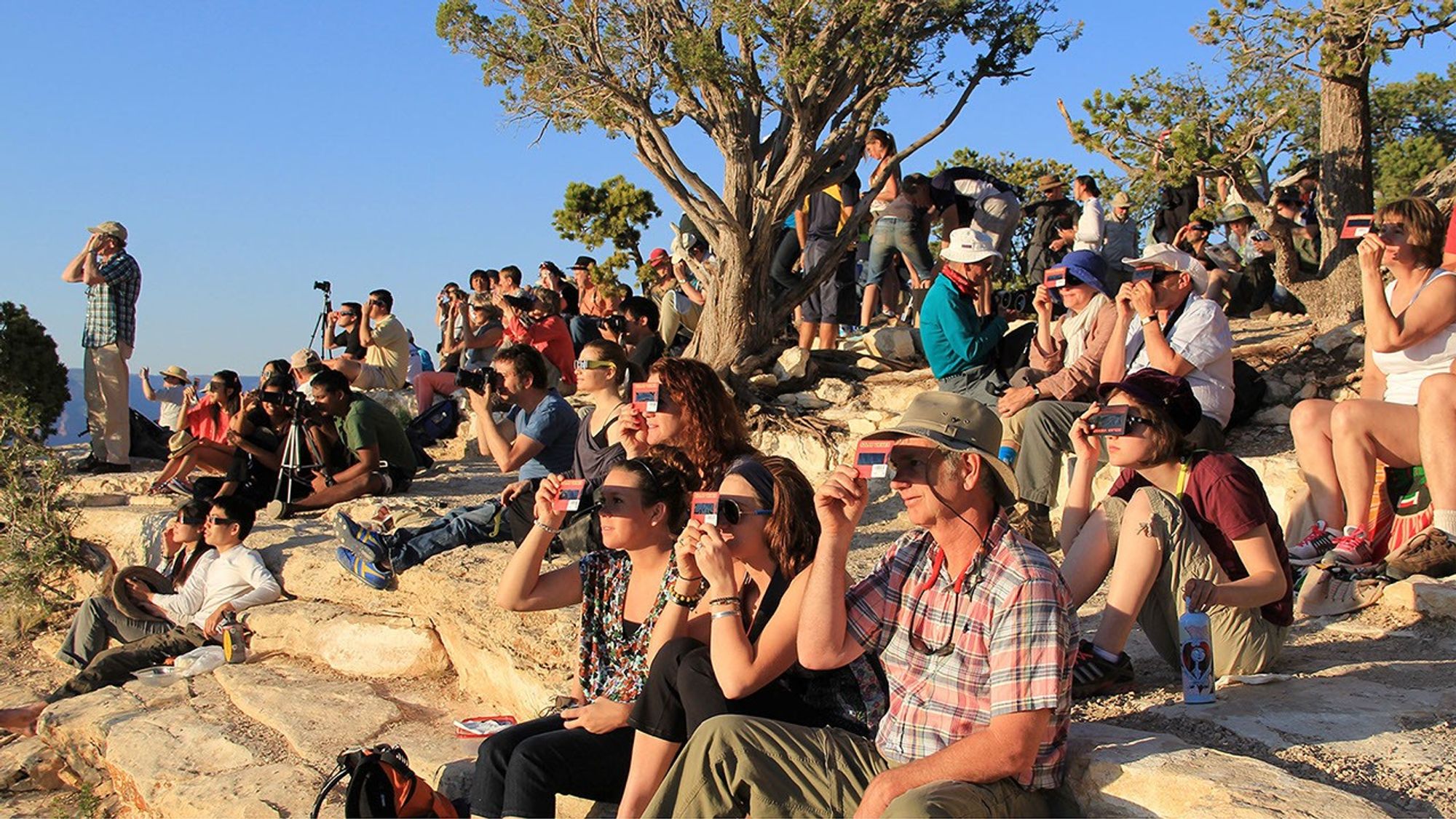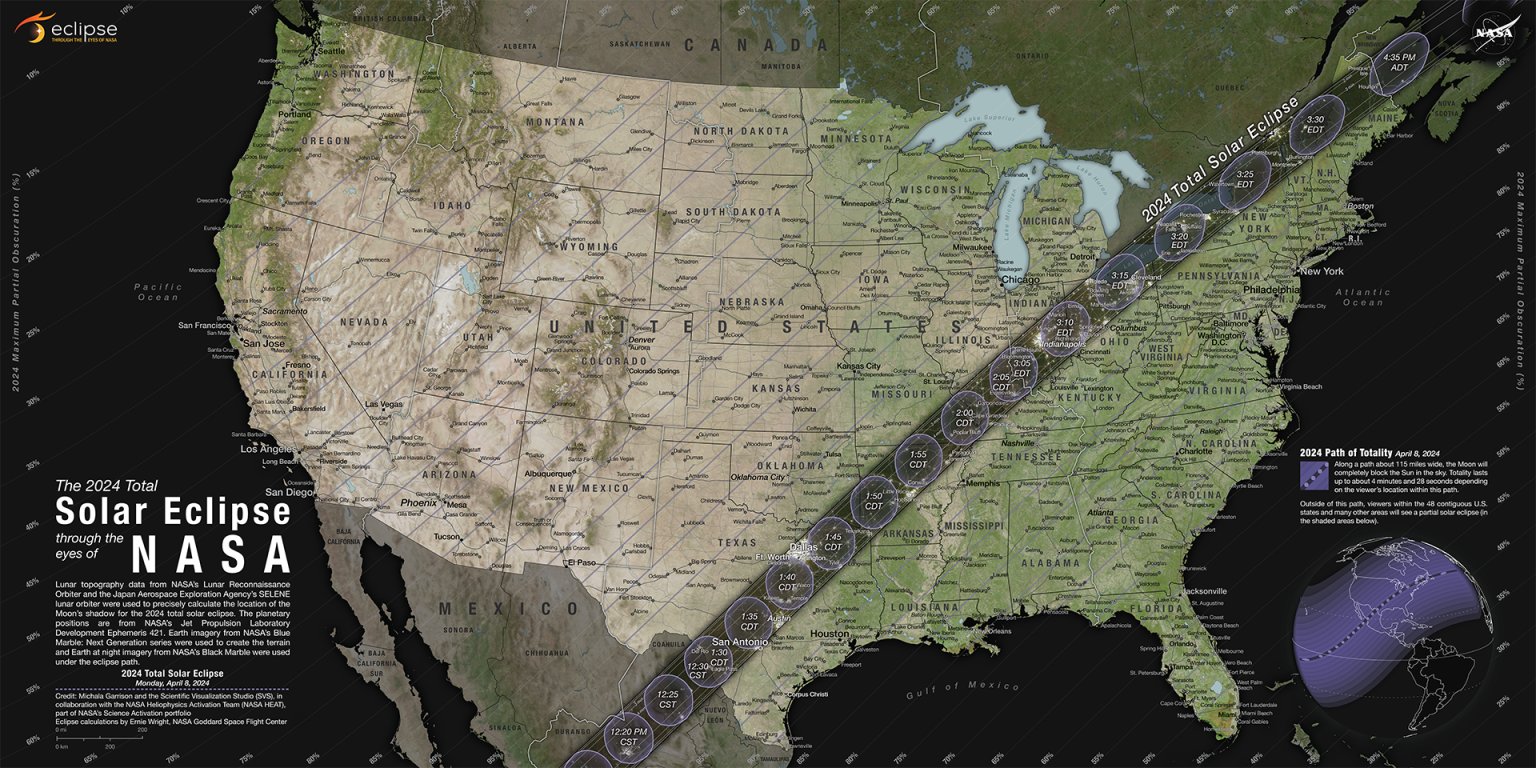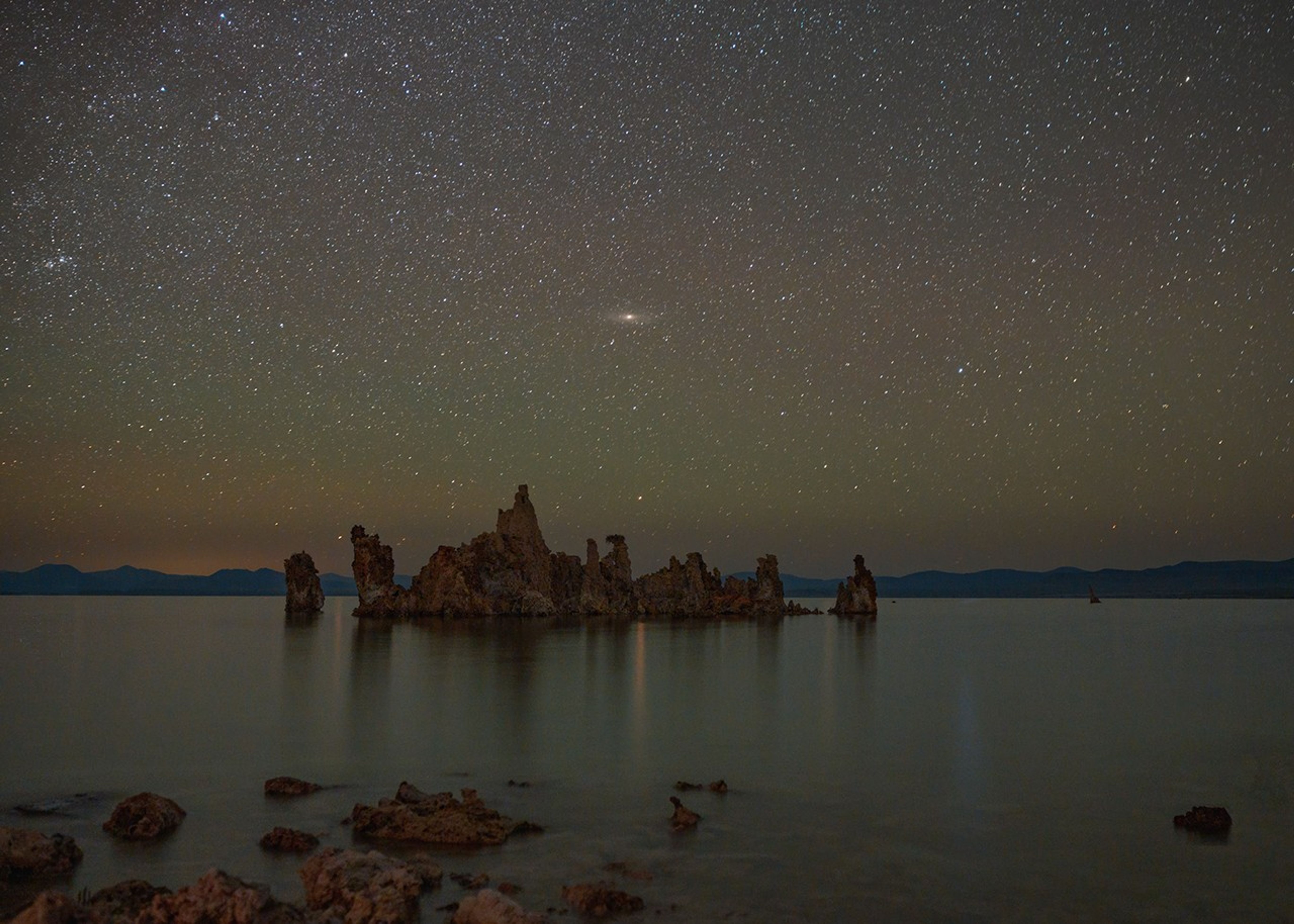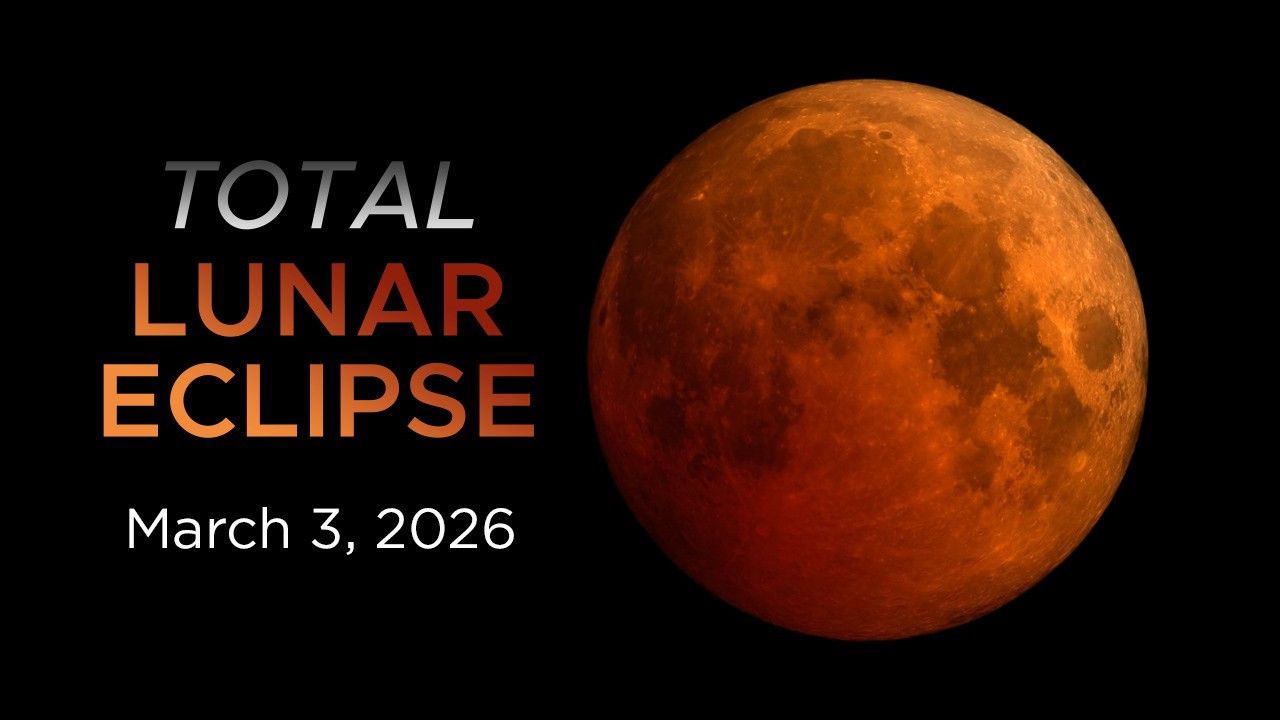Total solar eclipses reveal the Sun’s outer atmosphere – the corona – a white, wispy halo of solar material that flows out from around the Sun. This atmosphere is breathtaking as it glows in the sky for viewers on Earth, surrounding the dark disk of the Moon. In addition to revealing this normally hidden part of our Sun, the eclipse also darkens the sky, changes shadows, and cools the air. It can feel like living inside a piece of art.
Artists have captured the magical appearance of eclipses for over a thousand years. For the upcoming total solar eclipse crossing North America on April 8, 2024, two artists have contributed new posters to NASA’s eclipse poster series.
Dongjae “Krystofer” Kim
Dongjae “Krystofer” Kim is a Senior Science Animator at the Conceptual Image Lab at NASA’s Goddard Space Flight Center. He received a Bachelor of Fine Arts in Design and Technology from Parsons School of Design and a Master of Business Administration and Master of Arts from the Design Leadership program at the Maryland Institute of Contemporary Art and the Johns Hopkins Carey Business School. He combines various art and design disciplines, including fine arts, graphic design, creative coding, animation, and design research to help tell NASA’s story.
Where did you get inspiration for the eclipse poster?
“I was contemplating how the eclipse is an event that is beyond human scale physically and chronologically. It will look differently outside of my myopic view from this planet and it will occur after I am gone for many years to come. With this perspective, I thought of how future space explorations with permanent settlements on the Moon will view this event. While searching for scientific references, I remembered a video piece by our own NASA Goddard media team ‘An EPIC View of the Moon’s Shadow During the June 10 Solar Eclipse’ in 2021 and used it as a visual reference.”
What inspired you to become an artist?
“My inspiration came via Pixar and Ghibli animated films and shows I watched as a child. Despite being a little dyslexic Korean kid, I was welcomed into the world of each story. I found it magical that artists could seemingly create everything from nothing or something fantastical from mundane ideas and objects. And I loved that art enables you to communicate your own ideas as well as learn about others creating common ground.”
Want to explore this artwork more? An animated version of this poster is available to download.
Genna Duberstein
Genna Duberstein is an award-winning, Emmy-nominated multimedia producer and graphic designer who specializes in both making and marketing content. Her work has been shown internationally, aired on PBS, and has been featured in many outlets, including The New York Times, Vanity Fair, WIRED, The Atlantic, and National Geographic. She holds a Master of Fine Arts from American University and a Bachelor of Arts from The Ohio State University.
Where did you get inspiration for the eclipse poster?
“During the 2017 total solar eclipse, my parents sent me a picture of themselves, smiling in eclipse glasses and sitting on their front stoop with their dog. It was such a goofy, happy picture, I wanted to capture that same spirit for the poster. I have a dog of my own now – a goofy, happy American foxhound mix – and he proved to be the perfect model for the total eclipse poster. There’s no denying an eclipse can be an awe-inspiring event, but it can be just plain fun too!”
What inspired you to become an artist?
“I can't help it! I've always made things, and I've been very fortunate to have had support along the way. My parents enrolled me in my first art class at four, and they encouraged me to submit work to art contests all through elementary and high school. Portfolio-based scholarships and commissioned portrait work helped me pay for college. To this day, I'm incredibly lucky to have had a career where I can be creative, and I am thankful for all the people who have made it possible.”
Have an idea for how to put your own spin on this poster? This artwork is also available as a downloadable coloring sheet.
By Abbey Interrante
NASA’s Goddard Space Flight Center, Greenbelt, Md.










